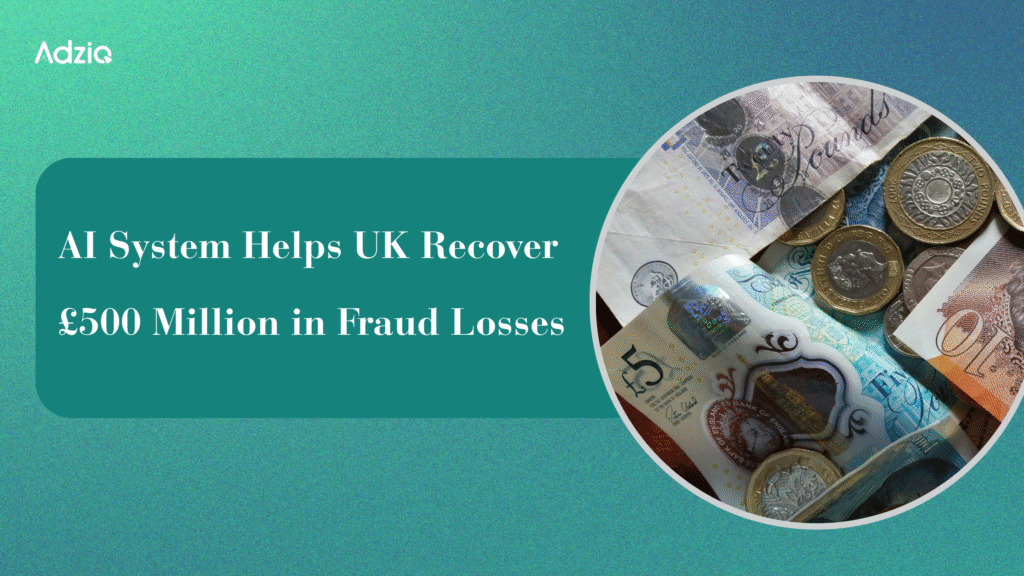
AI System Helps UK Recover £500 Million in Fraud Losses
Artificial intelligence has delivered a major win for the UK government, helping claw back around £500 million that had been lost to fraud. Officials say the technology has quickly become one of the most effective tools in tackling financial crime and protecting taxpayer money.
The AI system works by scanning huge volumes of data and identifying patterns that might otherwise go unnoticed. This includes spotting unusual transactions, inconsistencies in records, or activities that deviate from normal behavior. By processing information at a speed and scale far beyond human capacity, the tool allows investigators to detect fraud earlier and recover funds before they disappear.
Government representatives highlighted the recovery as a breakthrough moment in their ongoing campaign to crack down on fraud, which costs the UK billions of pounds every year. They explained that AI not only makes investigations more efficient but also reduces the burden on staff, freeing up human resources to focus on complex cases where judgment and experience are still essential.
Fraud has been a persistent challenge across both the public and private sectors, from benefit claims to procurement contracts and tax systems. Traditional methods of identifying fraud often rely on manual checks or whistleblower reports, which can be slow and inconsistent. In contrast, AI tools can continuously monitor activity, adapt to new tactics used by criminals, and learn from each case they analyze.
Officials say the next stage is to expand the technology further, applying it to more government departments and refining its ability to predict and prevent fraud before it causes large-scale losses. The £500 million figure, they noted, is likely just the beginning of what AI can help recover.
However, authorities also stressed the importance of balance. While AI is proving invaluable, it is not a standalone solution. Human oversight remains critical to ensure accuracy, fairness, and accountability in decisions driven by data. Experts caution that algorithms can sometimes produce errors or biases, making transparency and regulation vital as the technology becomes more widely used.
The government has framed this achievement as part of a wider strategy to modernize public services through digital innovation. By pairing human expertise with advanced AI systems, officials believe they can significantly reduce fraud’s financial toll and build greater trust in how public money is managed.